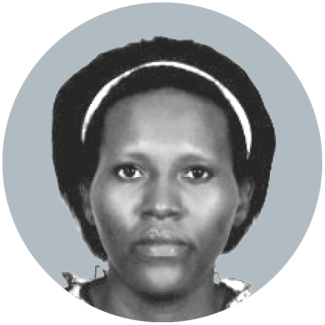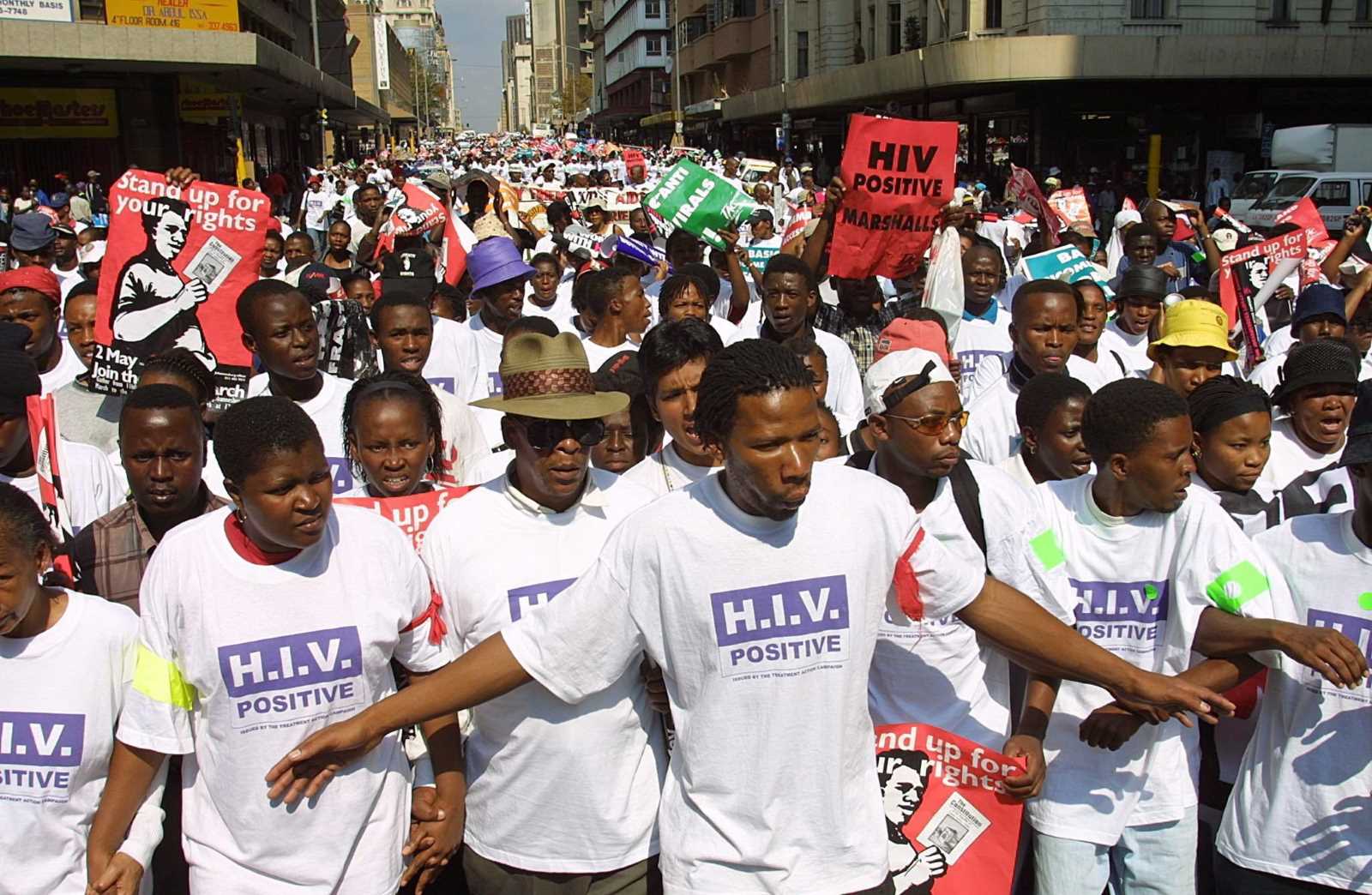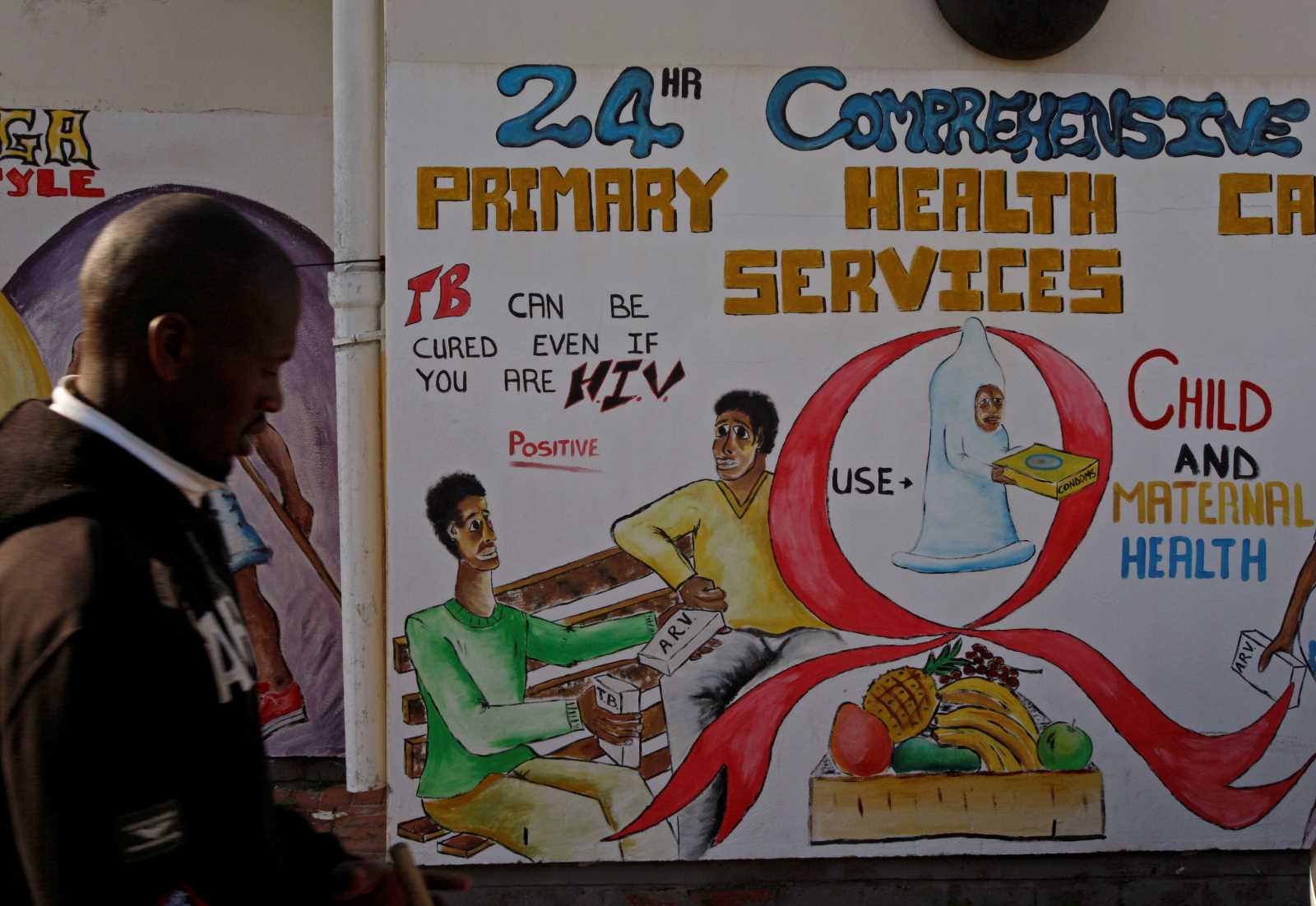Childlessness
In Burundi, childless couples have a heavy burden to bear

Patrick is 38 years old and spent 12 years in a childless marriage. It was tough, he says. In addition to the disappointment of not having children, his wife was treated with hostility. Patrick’s friends repeatedly advised him to cast her out of the house and end the marriage. However, unlike many other men in his position, he stood by his wife.
Patrick’s wife had to endure years of abuse from in-laws and acquaintances: “Some even accused me of marrying Patrick just to make him suffer. Others told me I was a jinx. I suffered for eleven years, but luckily my husband was understanding and always supported me.”
Patrick had faith in God: “We prayed and never let ourselves be affected by the gossip and the advice of those who were not well disposed towards us.” After eleven years, the couple’s prayers were answered. They had a daughter, and later a second.
Patrick and his wife live in the city and are highly educated. They were able to handle the situation better than couples in the countryside. Candide and Celestin live in a rural area and for two years after they married, they waited in vain for Candide to get pregnant. Candide had many arguments with her husband, who blamed her – and also beat her – for being childless. She defended herself, saying it was God’s will.
“Then my in-laws ordered my husband, in my presence, to drive me out of the house immediately, which he did. I went back to my parents,” Candide says. A few months later, her ex-husband remarried but again remained childless. Then, after four years, he threw his second wife out of the house. She married again and bore a child a year later.
Many childless couples in Burundi seek support from church representatives. They are advised to be patient and reminded of their promise to stay together “for better or for worse”.
Doctors approached by childless couples recommend medical examination and counselling. They explain that involuntary childlessness is a health problem and can affect both men and women. Unfortunately, physicians note that many men in Burundi accuse their wives of being infertile and refuse to be examined themselves. Only specialists can determine where the problem lies – and they are in short supply in Burundi.
According to figures published by the WHO in 2016, one in four couples in Africa are infertile. In many cases, the problem is due to untreated infectious diseases, which may result from child marriage, unsafe abortion, unsafe delivery, sexually transmitted diseases or female circumcision. These cases are preventable.
Mireille Kanyange is a journalist with Radio Isanganiro in Burundi.
mika.kanyange@gmail.com










